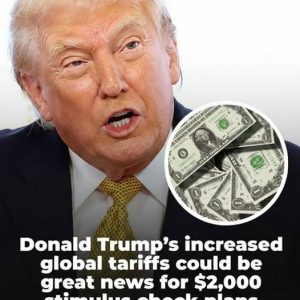U.S. Revokes Visas for South Sudanese Passport Holders Amid Government Noncooperation
Secretary of State Marco Rubio announced on Saturday that the United States will immediately revoke all visas held by South Sudanese passport holders and suspend issuing new ones. This action comes in response to the South Sudan transitional government’s failure to accept the timely return of its repatriated citizens, according to a statement Rubio posted on X.
The U.S. Department of State further criticized South Sudan’s government for “taking advantage” of the U.S. and emphasized that enforcing immigration laws is vital to national security and public safety. The department stated it will reconsider these restrictions once South Sudan fully cooperates.
South Sudan faces severe internal turmoil, including escalating armed conflict, displacement, and a worsening food crisis, pushing the nation toward civil war.
Context: Broader U.S. Immigration Enforcement Under the Trump Administration
-
The visa revocation follows a series of stringent immigration policies under President Trump, including ending deportation protections for hundreds of thousands of Venezuelans.
-
The Department of Homeland Security (DHS) also plans to revoke Temporary Protected Status (TPS) for over 300,000 foreign nationals.
-
Since taking office, the Trump administration has deported over 100,000 undocumented migrants, with most deported to Mexico.
-
Trump’s approach includes declaring a border emergency on Day One, deploying thousands of troops to the border, halting asylum claims for illegal border crossers, and ramping up nationwide deportations.
-
Immigration and Customs Enforcement (ICE) has reached full detention capacity and is requesting additional congressional funding to continue aggressive deportation efforts.
-
Trump has used the rarely invoked Alien Enemies Act to deport suspected gang members, including members of the Tren de Aragua and MS-13 gangs, directly to El Salvador without trial, despite recent judicial challenges.
-
Illegal crossings at the U.S.-Mexico border have dropped to historic lows, a trend attributed by officials to the so-called “Trump effect,” making illegal entry less of a pathway to legal status.



